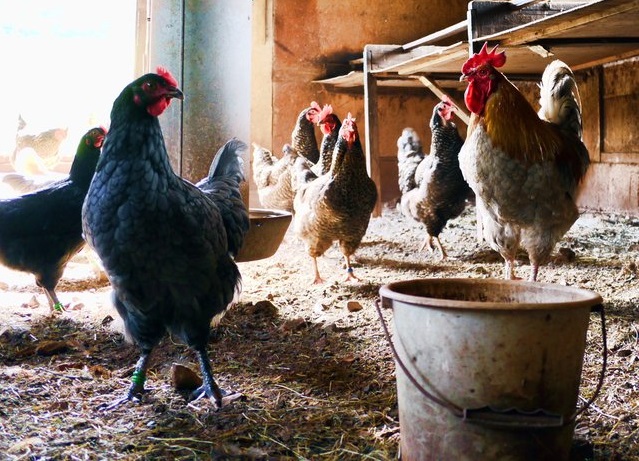Introduction: Improved kienyeji chickens have become a popular choice among farmers in Kenya due to their profitability and productivity. These birds are known for their excellent meat and egg production, fast growth, and ease of rearing. In this comprehensive guide, we will explore how to start rearing improved kienyeji chickens, covering key aspects such as housing, health, market, business planning, capital, land, breed selection
I. Building a Suitable Chicken House A well-constructed chicken house is essential for protecting and promoting the well-being of improved kienyeji chickens. Adequate lighting, warmth, space, and cleanliness should be ensured to boost productivity and prevent diseases.
II. Prioritizing Chicken Health Maintaining the health of the birds is crucial for higher profits and productivity. Employing a veterinary doctor to administer proper medications and regular health checks is recommended.
III. Identifying the Right Market To maximize profits, it’s crucial to secure a stable market for your improved kienyeji chicken products. Establish connections with hotels, butcheries, meat processing industries, and egg processing industries to sell your products at desirable prices.
IV. Creating a Business Plan Organize your chicken farm effectively by developing a business plan. A well-structured plan allows for smooth operations and enables you to project approximate profits over time.
V. Securing Adequate Capital Sourcing enough capital is essential for the successful management of your kienyeji chicken farm. Consider seeking financial support from friends, relatives, or loans to ensure smooth operations and expansion.
VI. Acquiring Sufficient Land The size of your land significantly impacts productivity. A larger land area allows for expansion and higher production rates, while a smaller plot can be utilized effectively with proper planning.
VII. Strategic Farm Location Choosing a farm location near the market reduces transportation costs and enables faster product delivery, contributing to better profits. Conversely, remote locations may lead to increased costs and time wastage.
VIII. Selecting the Best Breed Choosing the right breed is crucial for successful kienyeji chicken farming. Consider breeds that excel in egg production, meat production, or both, to optimize your farming venture.
Commonly Asked Questions:
- Best Improved Kienyeji Breed Kari improved chicken and kuroiler are among the best improved kienyeji chicken breeds.
- Where to Buy Kari Improved Kienyeji Chicken in Nairobi Look for trusted sellers like “Kienyeji Chicken” and “Kari Improved Kienyeji Chicken” to purchase these birds at affordable prices in Nairobi.
- Improved Kienyeji Egg Laying Improved kienyeji chickens can lay between 220 to 280 eggs per year.
- Where to Buy Kari Improved Kienyeji Chicken in Meru Find reputable sellers like “Alphachic Poultry,” “Kwetu Poultry Farm,” and “Merulands Poultry Centre” in Meru.
Improved Kienyeji Chicken Prices: Prices may vary based on size and location, but fully grown improved kienyeji chickens can cost between Ksh. 500 and Ksh. 2000 on average.
Conclusion
Raising improved kienyeji chickens in Kenya offers a profitable and productive venture for farmers. By following the guidelines on housing, health, market, business planning, capital, land, and breed selection, you can ensure success in your chicken farming journey


